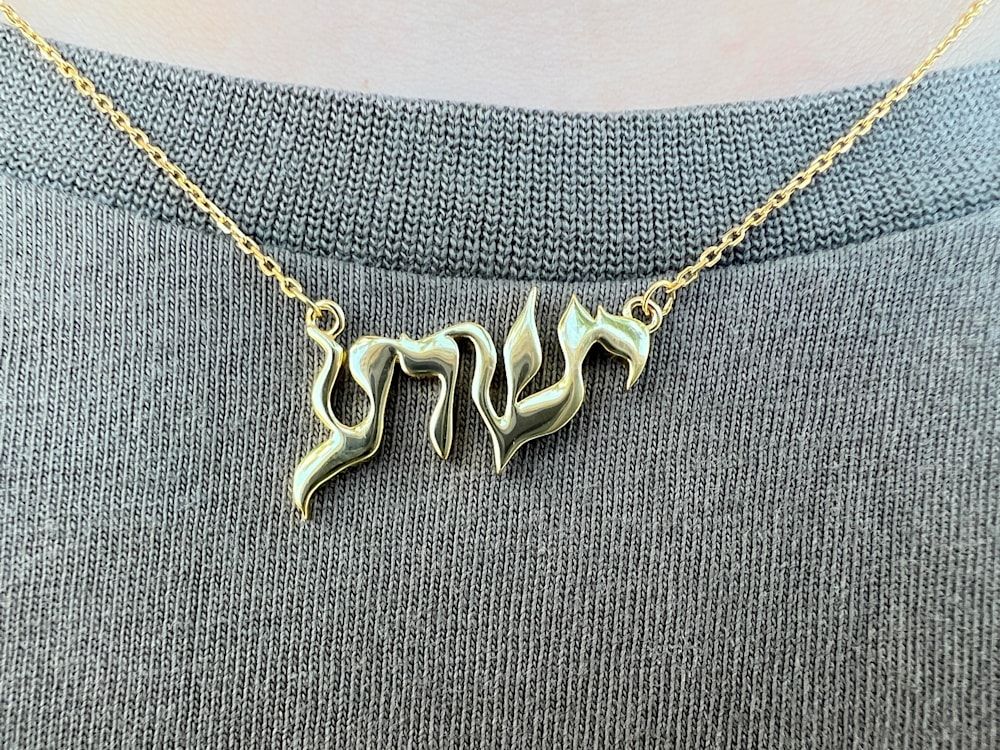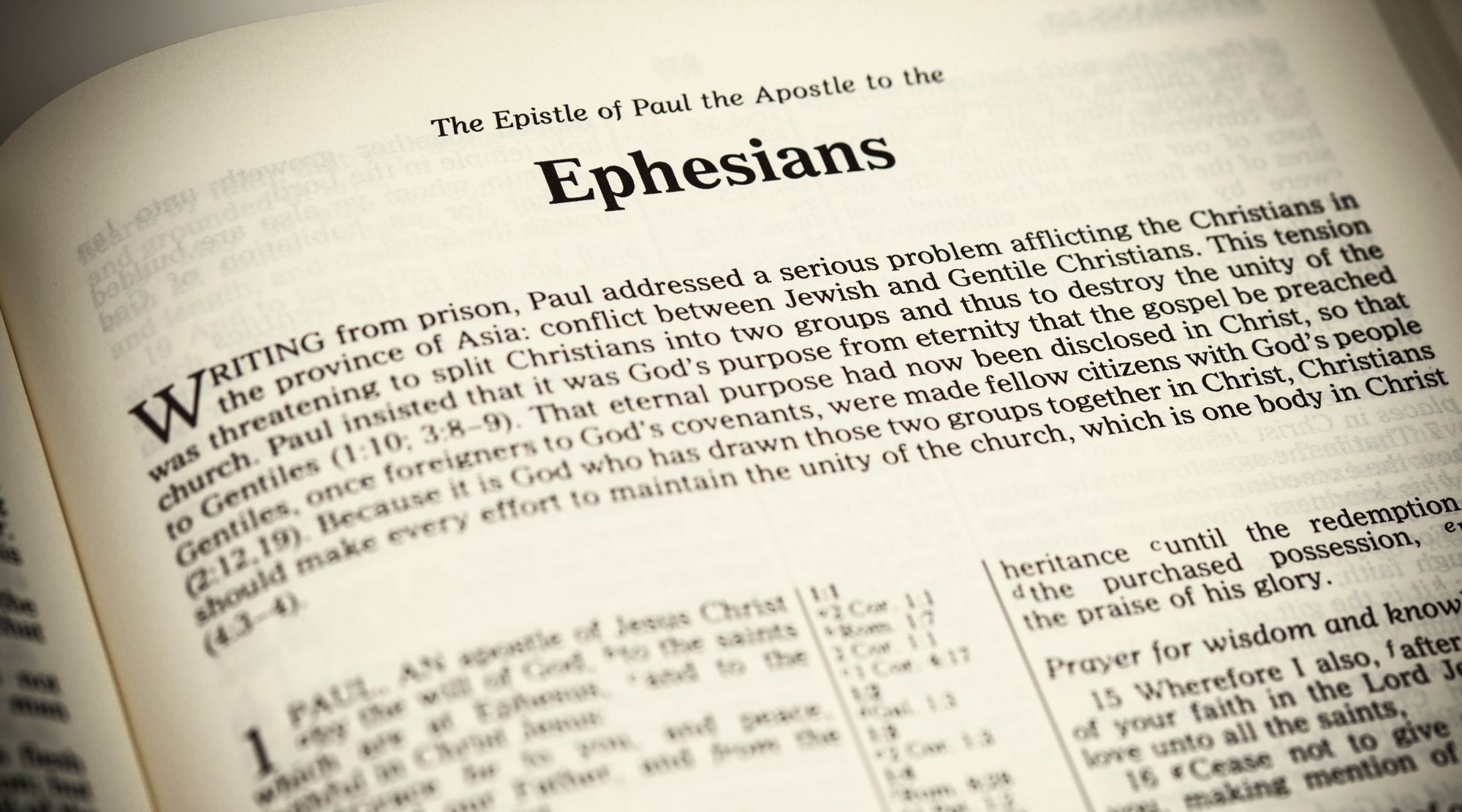
Having abolished in His flesh the enmity, that is, the law of commandments contained in ordinances, so as to create in Himself one new man from the two, thus making peace. (Ephesians 2:15)
In the last post, we began to examine Paul’s usage of the phrase one new man” in the Bible passage above. From our study, we saw that until Yeshua died and was resurrected, only Israel was recognized as a member of God’s family.
Albert Barnes, while explaining this truth in his commentary on Ephesians 2:15, said:
“The Jews looked upon themselves as the favorites of heaven, and as in possession of the knowledge of the only way of salvation.”
 I can’t agree more with this statement. A religious Jewish person prides himself on God’s covenant with Abraham and sees those from other nations as outcasts and strangers. But, praise God, the moment Yeshua died and was resurrected, the middle wall of separation between Israel and other nations was removed! Yeshua abolished the enmity between the two groups and made peace with His blood at the cross.
I can’t agree more with this statement. A religious Jewish person prides himself on God’s covenant with Abraham and sees those from other nations as outcasts and strangers. But, praise God, the moment Yeshua died and was resurrected, the middle wall of separation between Israel and other nations was removed! Yeshua abolished the enmity between the two groups and made peace with His blood at the cross.
After these things I looked, and behold, a great multitude which no one could count, from every nation and all tribes and peoples and tongues, standing before the throne and before the Lamb, clothed in white robes, and palm branches were in their hands; and they cry out with a loud voice, saying, “Salvation to our God who sits on the throne, and to the Lamb.”. (Revelation 7:9-10)
Redemption brings everyone from different tribes, tongues, and nations into a single family. In this family, Yeshua is the firstborn, and the rest of us are His brethren (Romans 8:29). Hebrews 2:10 says He (Yeshua), through His death, has brought many sons to glory. This includes Israelis and people from other nations.
Like Ceil and Moishe Rosen said in their book, Christ in the Passover, the believer in Yeshua, regardless of his origin (emphasis on mine), receives new life through Yeshua’s death as the Lamb of God. Even though salvation is to the Jew first, Gentiles also have the privilege to believe and be engrafted into the household of faith.
In this second part of our series, we will explain in more detail the oneness between Israel and other nations and relate this unity to the accord we will have when we get to heaven.
One New Man: A Glimpse of Heaven
At salvation, we were delivered from the power of darkness and translated into the kingdom of God’s dear Son (Colossians 1:13). We became citizens of heaven (Philippians 3:20).
While we are still here on earth, we can glimpse what to expect in heaven from God’s Word. As a Bible student, you are probably familiar with some of those expectations already. Among others, we will have a glorified body, there won’t be a temptation to sin, and our lives will be full of joy.
However, one thing many people are not aware of is that in heaven there will be no separation between believers. Differences like nationality, race, or gender will have no relevance, as we will all worship God together. John the Beloved saw this in his vision on the island of Patmos and said:
And they sang a new song, saying: “You are worthy to take the scroll, and to open its seals; for You were slain, and have redeemed us to God by Your blood out of every tribe and tongue and people and nation. (Revelation 5:9)
People out of every tribe, tongue, and nation will come together as a family to worship God with a new song. There won’t be discrimination of any kind!
This is really thought-provoking, and I can’t wait to see how it will be one day! But we don’t have to wait: We can start practicing this life of oneness and peaceful coexistence while we are still here on earth.
In my opinion, this is necessary if we want to have peace in the Middle East or anywhere else. We need to start seeing believers from other nations as legitimate members of God’s family and co-heirs of the kingdom of heaven. We all belong to the same family. In this family, no one is higher than the other.
Through Yeshua, we all have access by one Spirit to the Father (Ephesians 2:18). The middle wall of separation stopping other nations from coming to know and experience the graciousness of our Father God has been taken away (Ephesians 2:14). Today, we are all citizens and members of the household of God.
Now, therefore, you are no longer strangers and foreigners, but fellow citizens with the saints and members of the household of God. (Ephesians 2:19)
Final Thoughts
The phrase “one new man” doesn’t just speak of what Yeshua has done for us in redemption. It also gives us a glimpse of what heaven will look like. Believers from Israel and other nations will sing to the Father as one family of God. There will be no discrimination of any kind. That is another perspective to explain the “one new man” concept. In our next blog, we will look at other implications of the phrase as it applies to our lives of faith.

Yeshua Necklace in Hebrew - Gold or Silver
It is a critical time for us to proclaim the name of Yeshua to Israel and to the world. If you’re watching the news, antisemitism is on the rise! My people are under attack. And as you probably realize now, Israel is also divided, and a house divided against itself cannot stand (Mark 3:25). The only One who can save Israel is Yeshua. I have created a new piece of jewelry, silver and gold necklaces, to call supporters of Israel to declare the name YESHUA over Israel. They are available in both Hebrew and English (Yeshua).
Order Yours Now



